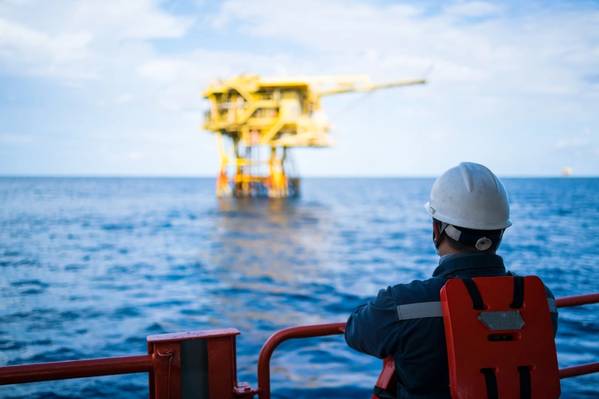The New Zealand government has announced it will begin financially supporting new offshore natural gas projects, reversing earlier environmental policy positions and drawing sharp criticism from climate advocates and Green Party leaders. The policy shift, confirmed on May 21, 2025, is being framed by officials as a response to domestic energy security concerns.
Energy and Resources Minister Shane Jones defended the decision, saying that while New Zealand is committed to renewable energy, the country must ensure stable and affordable power as it transitions. “There’s no shame in using gas as a bridge fuel,” Jones stated, while confirming government funding assistance will be made available for exploration and development.
“Gas keeps the lights on and industries running. It’s not ideology — it’s realism,” Jones said.
Policy Reversal Sparks Climate Debate
The announcement marks a dramatic departure from previous government commitments under the 2018 ban on new offshore oil and gas exploration permits. That ban, widely praised at the time as a bold step in the fight against climate change, had positioned New Zealand as a global environmental leader.
Critics now say the current government is undermining climate goals and “opening the door to fossil fuel resurgence.” The Green Party and environmental organizations such as Greenpeace Aotearoa accused the administration of betraying international climate obligations, including the Paris Agreement.
“This is a disastrous U-turn that will haunt our climate future,” said Green MP Julie Anne Genter.
⚡ Energy Security at the Forefront
The government argues the decision is grounded in practical energy planning, especially as renewable infrastructure struggles to meet rising demand and aging hydro assets face limitations. Officials cite the importance of backup baseload energy and protecting New Zealand from global energy price shocks.
New Zealand currently relies on natural gas for about 20% of its electricity generation, alongside major industrial uses. With existing gas reserves expected to decline over the next decade, the administration says new exploration is essential to avoid supply shortfalls and price spikes.
Environmental and Legal Pushback Expected
Legal experts anticipate challenges in court, particularly from environmental law groups who argue that public financing of new fossil fuel projects could violate statutory duties under the Climate Change Response Act and Resource Management Act.
The Environmental Defence Society warned that subsidies for gas development could expose the government to domestic and international legal challenges, while climate activists are preparing nationwide protests.
“We will fight this in the courts, in the streets, and at the ballot box,” said Greenpeace’s Aotearoa campaign director.
Industry Reaction: Cautious Optimism
Energy companies welcomed the announcement, calling it a lifeline for the sector. Executives say renewed government backing could revive investment interest in offshore Taranaki and other underexplored basins.
However, some remain cautious, noting the long lead times, public opposition, and regulatory uncertainty. One energy sector CEO said the announcement is “promising,” but added that the government must provide clear, long-term policy support for investor confidence.
What to Watch
- Details on how much public funding will be committed and under what terms
- Legal challenges under New Zealand’s environmental laws
- Reactions from international climate bodies and Pacific Island nations
- Potential impact on New Zealand’s net-zero by 2050 goals
- Whether other countries follow suit amid global energy volatility
New Zealand’s pivot toward offshore gas funding reflects a broader global tension between energy realism and climate ambition. Whether the decision ensures security or sparks a fossil fuel resurgence will depend not only on economics — but on the political will to balance development with environmental accountability.
Source; Offshore Engineer



